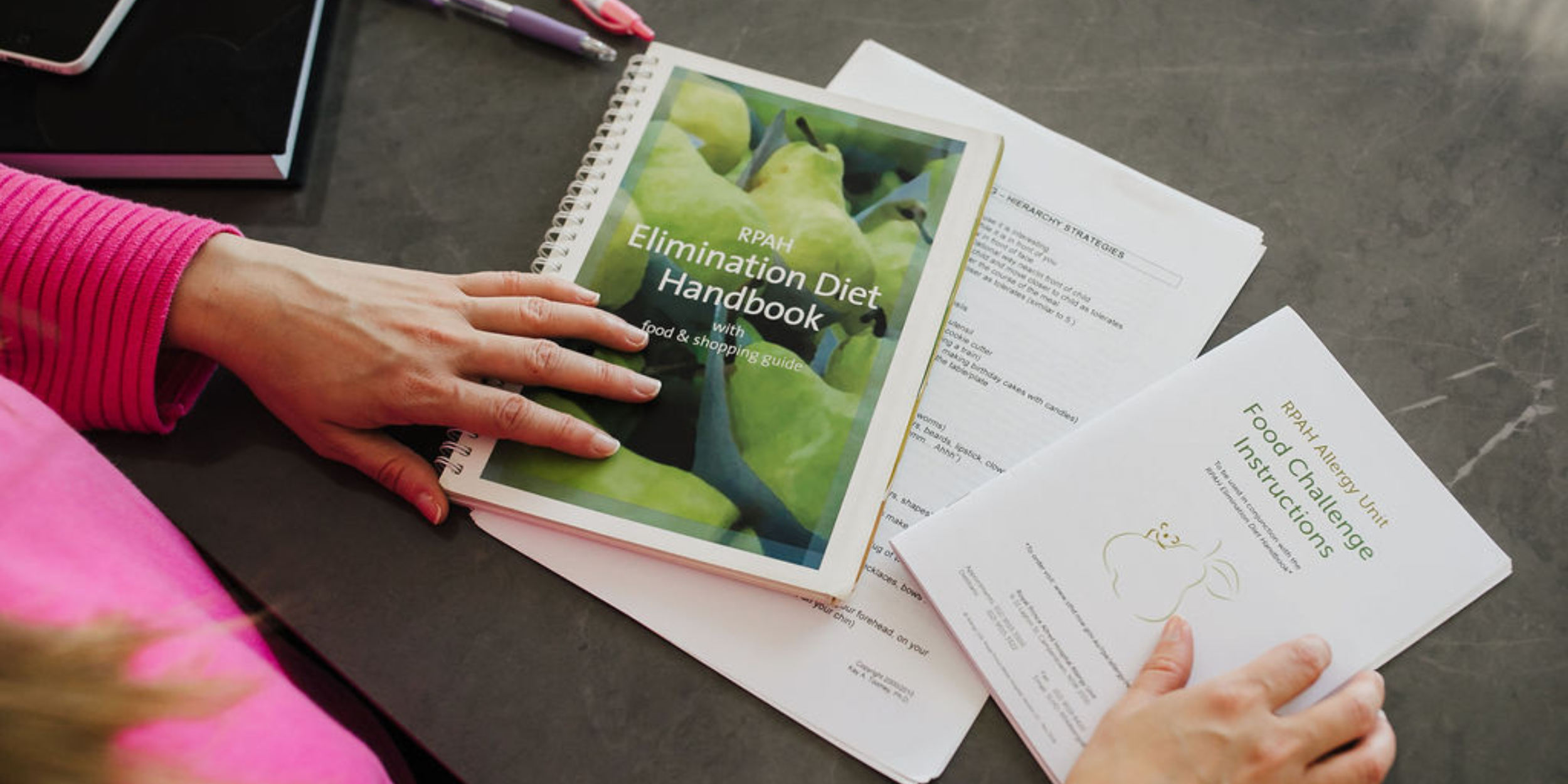Can Breath Tests Diagnose IBS?
If you’ve been working with a GP to get an IBS diagnosis, you’ve probably heard of these things called breath tests.
Breath tests claim they can identify people who struggle to digest lactose, fructose and/or sorbitol by measuring the amount of gas in the breath after consuming a dose of the test sugar in question.
These tests are based on the idea that poorly absorbed sugars reach the large intestine where they are fermented by intestinal bacteria and produce gases (including hydrogen and methane). These gases are then absorbed across the intestine and carried through the bloodstream to the lungs, where they are then exhaled.
This concentration of exhaled hydrogen and methane is what is measured in the breath test.
If there has been a rise in hydrogen or methane in the breath, we assume that some of the test sugar hasn’t been absorbed well. This is the basis of how food intolerance (or IBS) may be diagnosed through breath testing[SG1] .
Sounds fair enough, right?
If there has been a rise in hydrogen or methane in the breathe, we assume that some of the test sugar hasn’t been absorbed well. This is the basis of how a food intolerance (or IBS) may be diagnosed through breath testing.
I’m going to have to disagree.
Whether I’m talking to my clients in the clinic or students in Conquer Your Cranky Gut, I’ll never recommend a breath test for a food intolerance or IBS diagnosis.
Why? Because there are huge concerns about the reliability and clinical use of these tests in diagnosing IBS or food intolerances, and today, I’m going to share them with you.
Hold onto your horses. Strap yourselves in. We’re about to dive into the seven key reasons why breath testing should not be used as the go-to test for diagnosing IBS or food intolerances.
#1 Fructose and sorbitol malabsorption is actually normal!
The next time you’re at the supermarket, pick up a packet of chewing gum and look closely. You’ll see a disclaimer that reads, “excessive use may have a laxative effect”, which is due to the sorbitol and affects everyone (not just people with IBS). Fructose and sorbitol malabsorption occur equally in those that do and don’t have IBS, so it’s not an accurate indicator for diagnosis!
#2 Test results vary depending on how much sugar is used!
Whether a person malabsorbs the test sugar hugely depends on how much of the test sugar was used. In one study, 53% of participants malabsorbed a 50g dose of fructose, but only 12.5% of the same group malabsorbed the test sugar when the dose was lowered to 25g.
#3 Breath tests don’t consider different digestive speeds!
Whether or not a person malabsorbs the test sugar also depends on how quickly it travels through the small intestine. Unsurprisingly, test sugar travels to the small intestine at different speeds in different people which can (and does) skew the results of the breath test.
#4 Test results differ between test centres!
Generally speaking, a rise of 20ppm (or more) is generally considered a positive result for a breath test, but this cut-off value varies between testing centres.
If every testing centre has slightly (or significantly) different cut-off values, a patient may get a positive result at one testing centre and a negative result at another. One centre says you have a food intolerance, one centre says you don’t.
It doesn’t make a whole lot of sense, does it?
#5 Fructose breath testing has poor reproducibility!
One study showed that fructose malabsorption vanished in 29% of the patients that had previously shown a positive result. This brings what we call reproducibility into question.
If you can show a positive result one day and a negative result the next, it suggests that breath testing may not reflect a permanent physiological situation and may incorrectly inform an IBS diagnosis based on a temporary physiological state.
#6 Sorbitol and mannitol have been shown to induce IBS symptoms, regardless of whether sugars were malabsorbed!
Likewise, fructose and polyols can distend the small intestine and induce symptoms regardless of whether they reach the colon and undergo fermentation. As such, we shouldn’t base any dietary restrictions on these breath test results. Don’t restrict fructose based on the results. Don’t restrict lactose, either. The only way to actually confirm a diagnosis for food intolerance is to do an elimination challenge with the help of a dietitian.
#7 Stress can (unsurprisingly) affect test results!
It should be no surprise that stress can affect breath test results. This was shown in a study that administered 40g of fructose to healthy people, along with either a placebo or an injection with a substance that mimics a stress response.
Compared to the placebo, the stress injection substance was shown to constrict the small intestine and increase ascending colon volumes. This suggests that stress may very well influence fructose absorption, and as we all know, stress is a very common feeling when undergoing these kinds of tests!
So, what is a suspected IBS or food intolerance patient to do when breath tests aren’t a reliable source of diagnosis?
Seek out the help of a qualified dietitian.
We can work together to understand your symptoms, find the source of your triggers and help you manage your diet and lifestyle long term.
There is a lot more to IBS than diagnosis. Yes, a diagnosis is the first step, but ongoing management is the key to a healthy, symptom free life.
Join the waitlist for my Conquer Your Cranky Gut Course to help lighten the load of IBS.



